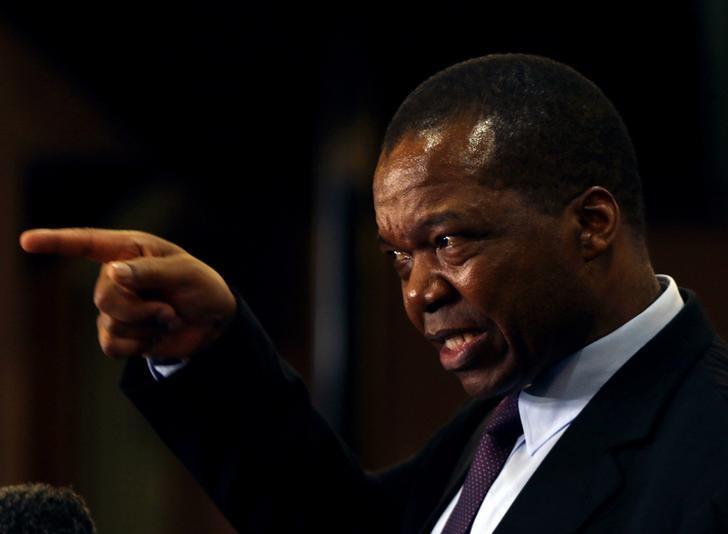Key fundamentals to anchor stability, Mangudya
Continued implementation of key fundamentals in the country will result in a positive outlook in the macro-economic environment characterised by low inflation this year on, according to the Central Bank.
Government tightened fiscal and monetary policies, responding to domestic inflation dynamics as well as the pass-through effects of increases in energy, food prices and supply chain cost pressures on the economy.
Such interventions have also contained excessive depreciation of the Zimbabwe dollar against the United States dollar on the parallel market, which previously was the major driver of domestic inflation.
Resultantly, month-on-month inflation receded from 30,7 percent last July to 2,4 percent in December 2022, while annual inflation dropped from 285,1 percent in August to 243,8 percent at the end of the last year.
Speaking at the Confederation of Zimbabwe Industries (CZI) 2023 Annual Economic and Business Outlook Symposium in Harare, Reserve Bank of Zimbabwe Governor Dr John Mangudya said: “As the Central Bank, we expect inflation to remain low both the local currency inflation and we expect the US dollar inflation to be in the negative territory . . . we are going to continue with our tight monetary policy and as we have said, we have not moved away from the monetary targeting framework in the reserve money.”
He said Zimbabwe is using two anchors of the monetary policy, which are the interest rates and the exchange rate.
The exchange rate, Dr Mangudya said, is being used as an anchor of the monetary policy because the country is using a dual currency system, the Zimbabwe dollar and the United States dollar.
“Why the exchange rate, because we are in a dual currency system wherein if the premiums go up, they cause what we call exchange rate pass-through into the domestic prices.
“Therefore, in a dual currency economy the coefficient of the exchange rate pass-through into the domestic prices is very high.
“We are seeing the positive outlook that’s our expectation based on working hard as a Zimbabwean society, as businesses and let’s try to remain consistent,” he said.
Dr Mangudya said the key message from the 2023 monetary policy statement announced last week was that RBZ would maintain a restrictive monetary policy stance to strike a balance between stability of prices and the exchange rate and macro-economic growth.
“All businesses in this country will tell you that there are low margins in terms of US$ pricing. They have low margins and the danger of low margins is that we are going to end up with prices that are so low, we won’t be able to sustain your overheads.”
CZI chief economist, Cornelius Dube, said the monetary policy was trying to promote macro-economic stability through various policies such as interest rate, surrender requirements, exchange rate management and money supply growth.
“If authorities are able to manage our inflation (month-on-month) to not more than 3 percent as announced, we will be quite okay, and instead of focusing more on dollarisation lets continue with the Zimbabwe dollar inflation target,” he said.-ebusinessweekly









